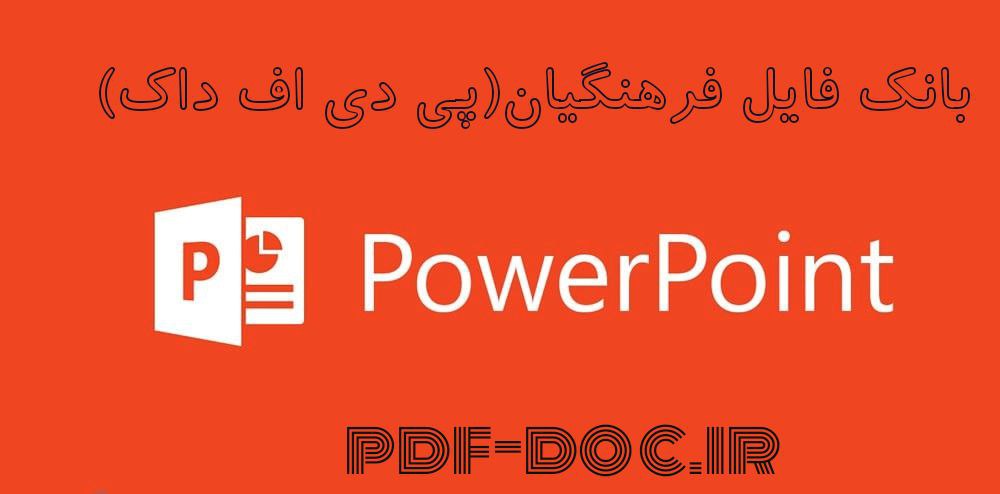دانلود تحقیق درمورد کرانیوتومی

با دانلود تحقیق در مورد کرانیوتومی در خدمت شما عزیزان هستیم.این تحقیق کرانیوتومی را با فرمت word و قابل ویرایش و با قیمت بسیار مناسب برای شما قرار دادیم.جهت دانلود تحقیق کرانیوتومی ادامه مطالب را بخوانید.
نام فایل:تحقیق در مورد کرانیوتومی
فرمت فایل:word و قابل ویرایش
تعداد صفحات فایل:33 صفحه
قسمتی از فایل:
Craniotomy
The purpose of this document is to help prepare for upcoming brain surgery. It includes information about what to expect before, during, and after your operation. Please read it carefully. If you still have questions or concerns regarding your procedure after reading this guide, please discuss them with your CINN Outpatient Center Nurse or your CINN physician.
Understanding Your Surgical Procedure
The surgical procedure you will undergo is called a craniotomy. A craniotomy is a temporary opening of part of the cranium, or skull. A neurosurgeon performs a craniotomy to gain access to the disease or injury affecting the brain or its blood vessels.
A craniotomy is performed to:
- remove a lesion such as a tumor, nodule, cyst or neoplasm;
- remove a blood clot known as a hematoma;
- repair a leaking blood vessel known as an aneurysm;
- remove an abnormal collection of blood vessels known as an arteriovenous malformation or AVM;
- drain an infection or abscess;
- reroute circulation around a blocked blood vessel through techniques known as Microvascular Anastomosis or Extracranial-Intracranial (EC-IC) by pass;
- repair fractures of the skull that resulted from injury;
- remove pressure from a trigeminal nerve which is called a microvascular decompression; or
- remove pressure from the brainstem (Chiari decompression).
Your CINN physician has recommended a craniotomy because he or she believes this procedure is the best method for treating your condition.
Your Preadmission Testing Appointment
The CINN staff will arrange preadmission testing for you. Preadmission testing will last one to four hours depending on your diagnosis. During the appointment, you may undergo several tests and evaluations.
You may be evaluated by physical, occupational, and speech therapists. These therapists will assess your flexibility, muscle strength, and sensation. They will also assess your speaking and thinking skills and determine how your illness or injury may have affected your ability to work, care for yourself, and participate in the activities you enjoy.
A clinical psychologist may perform a behavioral medicine evaluation, which will help identify issues that may have an impact on your recovery. This evaluation will enable your CINN care providers to help you through the stress of surgery and any difficulties that may arise in the future. You may undergo blood tests, an electrocardiogram, a chest x-ray and perhaps Computed Tomography (CT), Magnetic Resonance Imaging (MRI) or other tests. A physician or nurse practitioner or physician assistant will conduct a comprehensive medical evaluation to assess the non-neurological aspects of your health. This caregiver will take a detailed medical history and conduct a thorough physical exam.
You may request a tour of the the intensive care unit where you will be after your surgery. A tour will allow you the opportunity to meet the nursing staff, and be given an explanation of the intensive care medical equipment.
The Week Before Surgery
You should stop from taking any over-the-counter medications containing Aspirin (Anacin, Bufferin, Ascriptin, etc.), Ibuprofen (Advil, Motrin, Nuprin, Aleve, etc.) or any other blood-thinning medications for one week prior to your surgery. Other medications you should not take 7-10 days prior to surgery are: Fiorinal, Darvon Compound 65 or Percodan. If you are on Coumadin, this will also need to be stopped about 5 days prior to surgery and a Prothrombin time checked on the morning of your surgery. Your medical doctor will advise you about the exact date of stopping the Coumadin in conjunction with your neurosurgeon. You may take Tylenol for pain if needed.
The Day Before Surgery
An anesthesiologist will evaluate your prior to your surgery. This evaluation will include asking you questions about your general health, allergies, previous surgeries, and past reactions to different anesthetics and may be done over the phone or at the hospital depending upon your specific needs.
You will be asked not to eat or drink any food or water after midnight the evening before your admission. You may brush your teeth and rinse your mouth, but do not swallow the fluid. Ask your Outpatient Clinic Nurse or your doctor about taking your usual medications the morning of your surgery.



